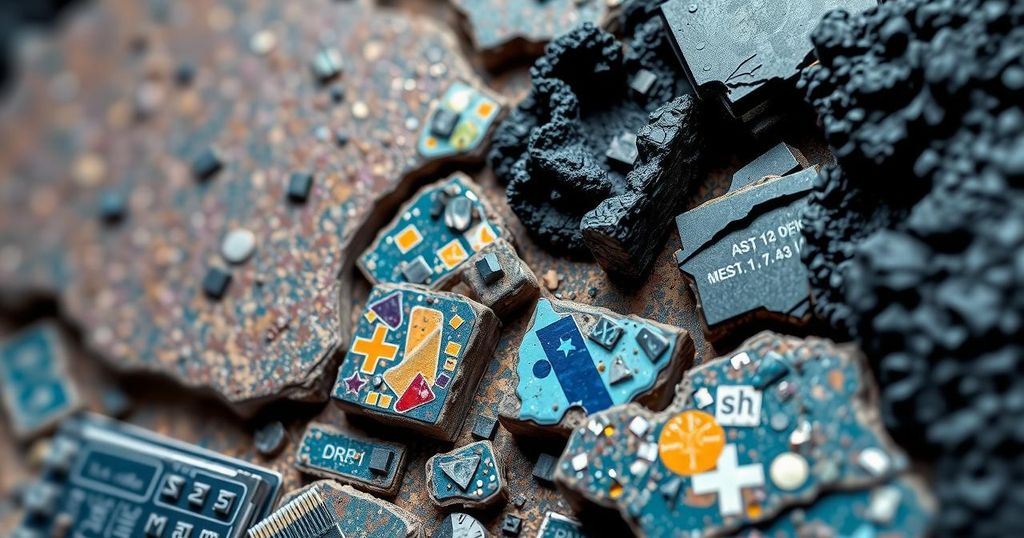DRC Alleges Apple’s Illegal Use of Conflict Minerals in Supply Chain

The DRC has filed a criminal complaint against Apple for allegedly using illegally mined “blood minerals” from its conflict regions. The case underscores the company’s misleading practices regarding its supply chain and highlights urgent issues of corporate accountability within the tech industry amidst growing scrutiny of global supply chains.
The Democratic Republic of Congo (DRC) has initiated a criminal case against Apple’s European subsidiaries, charging the company with the illegal use of so-called “blood minerals” in its supply chain. The DRC claims that Apple has procured minerals from the conflict-affected eastern region and Rwanda, where these materials are reportedly mined unlawfully before being incorporated into global supply chains, ultimately ending up in various tech devices.
The DRC’s legal representatives assert that Apple’s French and Belgian divisions engaged in misleading commercial practices, falsely assuring consumers that their supply chains are free from conflict. The complaints, filed in Paris and Brussels, outline serious allegations including war crimes, money laundering, forgery, and deceit. Additionally, prior attempts made by the DRC’s legal team to obtain clarification from Apple regarding the sourcing of these minerals were met with inadequate responses.
According to Robert Amsterdam, the DRC’s lawyer in Washington, this case marks a significant legal action against one of the largest technology firms, asserting that Apple bears responsibility for the implications of its business choices. He urged for accountability rather than perpetuating the narrative of defensible supply chains. Lawyers noted that the accusations highlight a pattern of exploitation and violations within African mineral supply chains, particularly as tech giants grow increasingly scrutinized by European consumers and NGOs.
Compounding these allegations, investigations from the United Nations and various NGOs have identified severe human rights abuses linked to the mining of conflict minerals. The ongoing unrest in the DRC, exacerbated by external interference, has had devastating effects on local populations, leading to violence and child labor within the mining sector. Both Apple and the Rwandan government have dismissed the allegations, arguing that such claims are unfounded.
Amidst rising tensions in the eastern DRC, exacerbated by armed militias, these allegations represent a crucial intersection of technology, human rights, and corporate responsibility in global supply chains.
The DRC, endowed with an abundant supply of minerals, has faced ongoing conflict for decades, primarily due to the control of these valuable resources. The region has been marred by violence and exploitation, where armed groups vie for control of mineral-rich areas, often financing their activities through illegal mining operations. This situation has drawn international attention, compelling numerous stakeholders, including technology companies and governments, to re-evaluate their sourcing practices for minerals, particularly those associated with human rights abuses and environmental degradation. The recent criminal case against Apple signifies a crucial step in addressing these issues, spotlighting accountability in the tech industry’s supply chain.
In summary, the Democratic Republic of Congo has filed serious allegations against Apple, accusing the company of utilizing illegally obtained minerals in its products. This case highlights the intersection of global technology firms and the pressing human rights violations associated with mineral exploitation in conflict zones. As international scrutiny increases, accountability among corporations sourcing materials from such regions becomes imperative to safeguard human rights and promote responsible mining practices.
Original Source: www.rfi.fr







